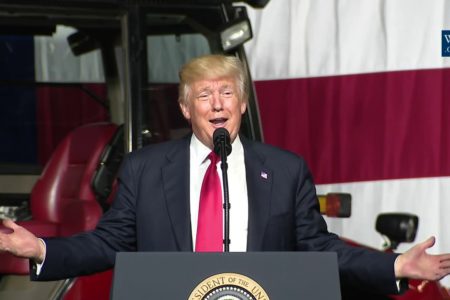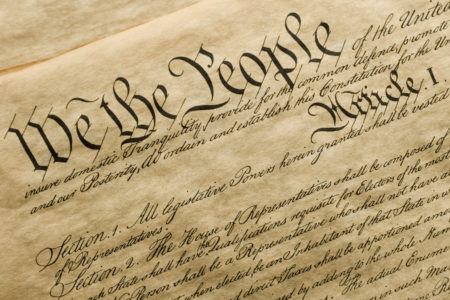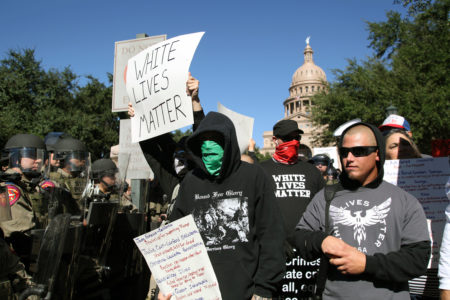
Symposium - 2020 - Lawyering in the Age of Climate Change
The Role of Lawyers in Decarbonizing Society
by Michael B. Gerrard
A number of groups of engineers and scientists have laid out specific pathways for meeting targets for reducing greenhouse gas emissions. For governments and corporations to deviate from their business as usual and instead follow these pathways, voluntary measures will only take us so far; legal requirements, incentives, and other inducements are needed. This Essay concerns one current project to turn GHG reduction goals into actual laws that could achieve these goals, and the critical role that volunteer lawyers will play in this effort.



















